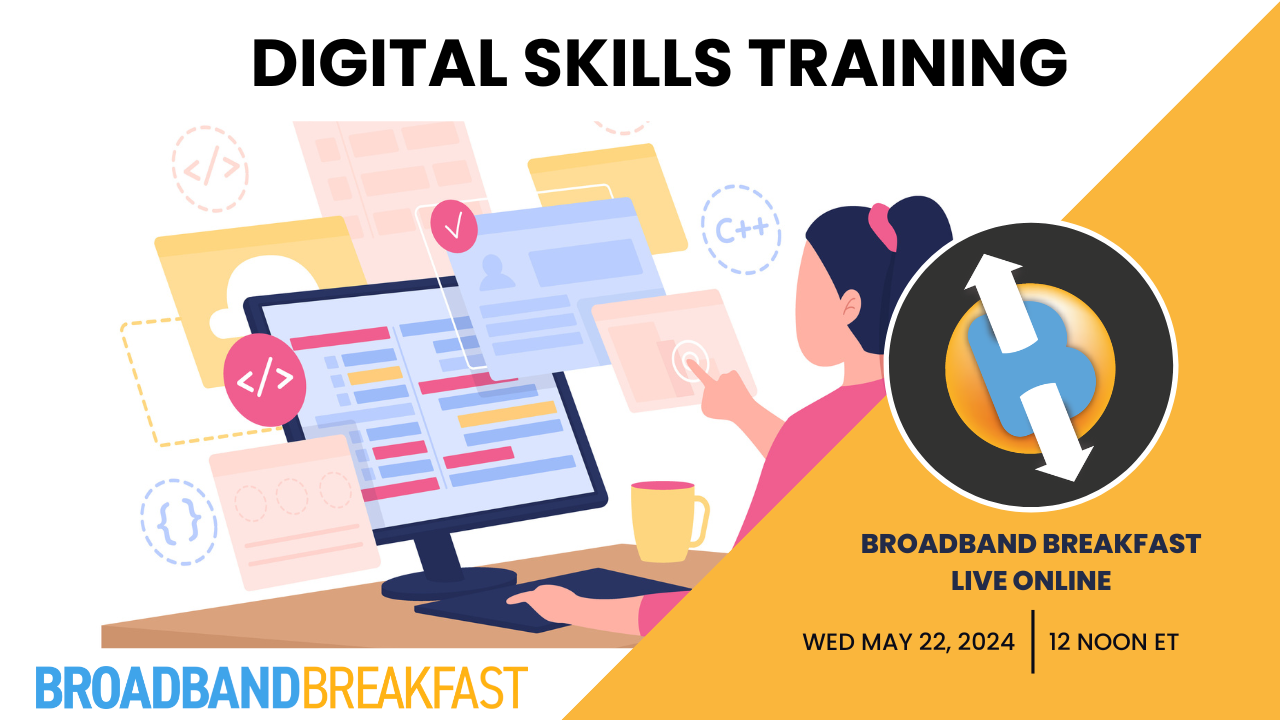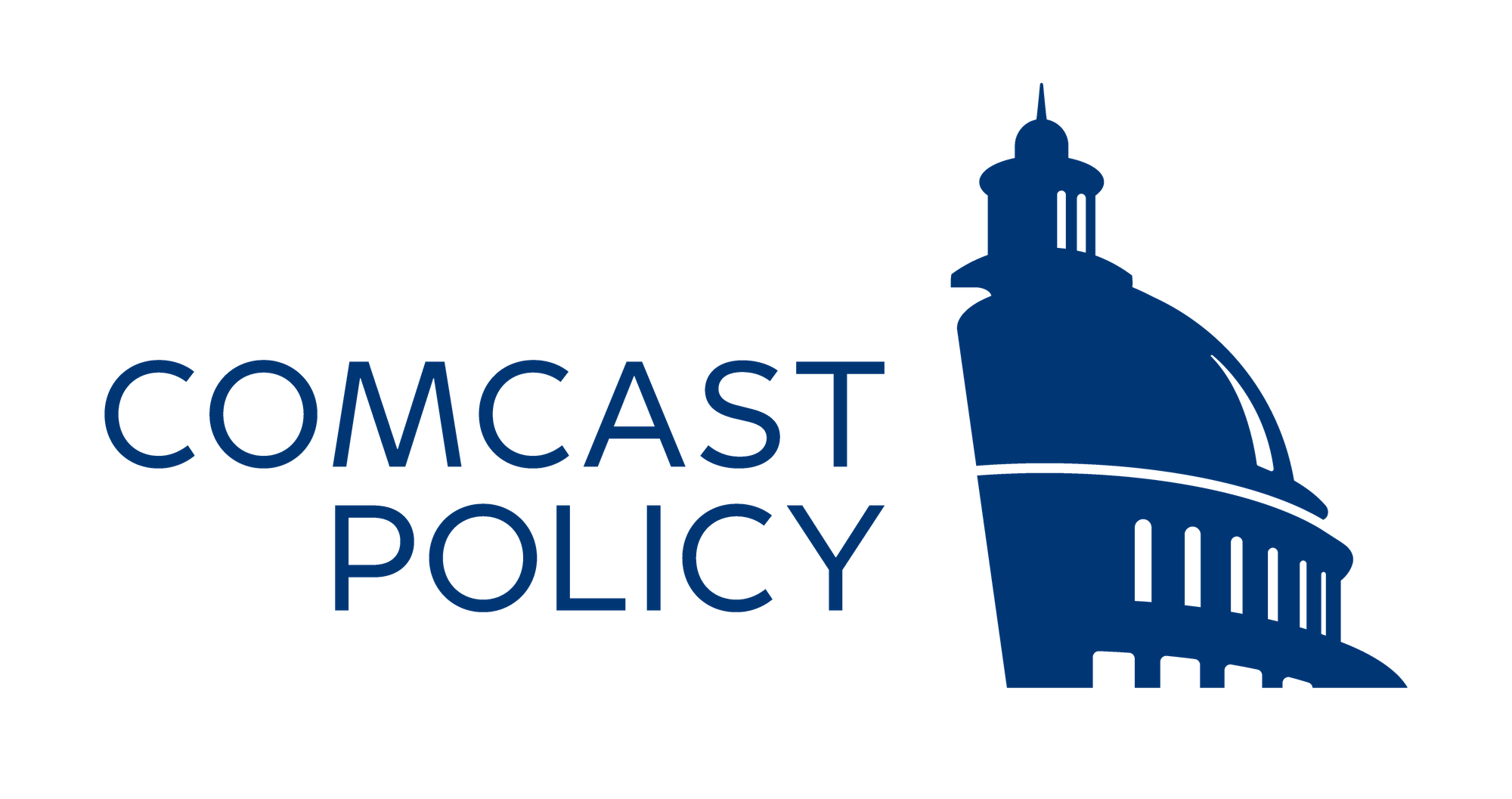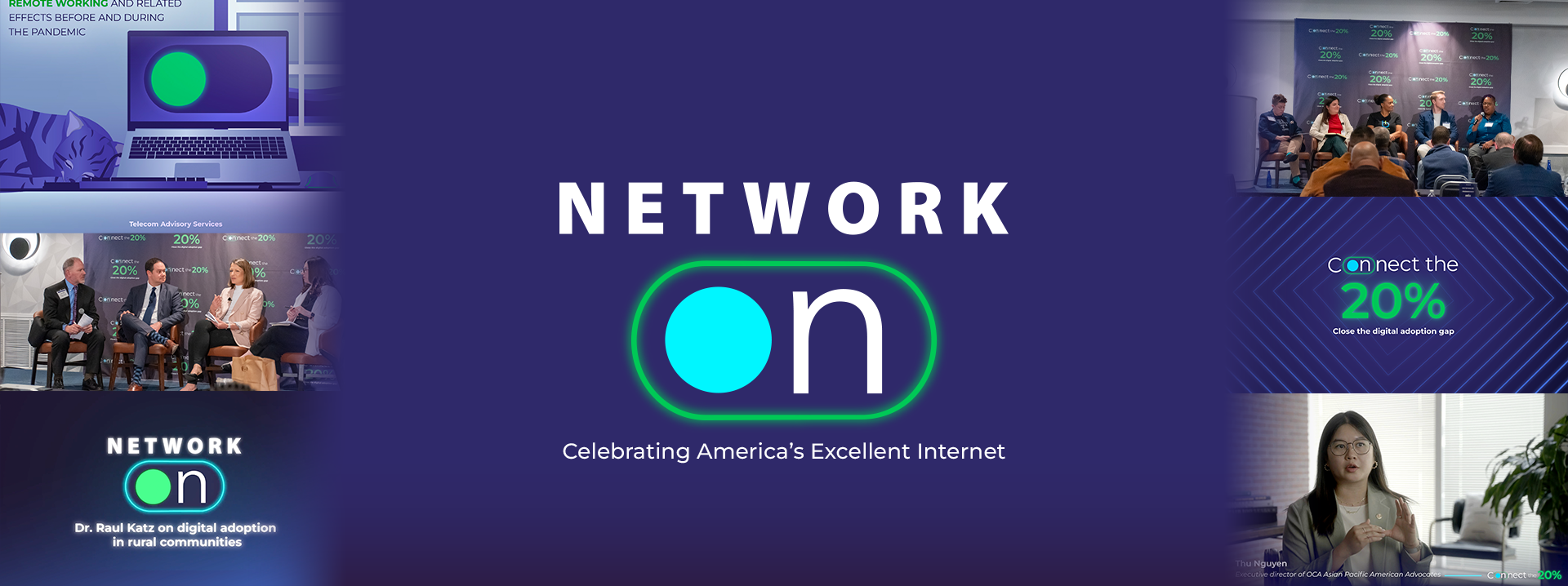Digital Navigators Share Secrets to Effective Digital Skill Training
Common-sense practices can be translated into online safety, according to Digital Navigators.
Joel Leighton

WASHINGTON, May 23, 2024 - Expert panelists said digital skills can be attained through real life experiences, during a Wednesday Broadband Breakfast Live Online webcast. One of the most effective ways of teaching digital skills is by helping people transition their offline skills to the online digital sphere, panelists said.
Digital skills refer to a variety of abilities required to utilize modern technology, such as data recording, programming, multimedia creation, as well as the ability to navigate and remain safe across devices and platforms. According to panelist Matt Summey, vice president of Strategic Planning for Impact & Inclusion at Comcast, just one digital skill can increase earning potential by 23%.
 Broadband BreakfastMatthew Summy
Broadband BreakfastMatthew Summy
Digital Navigators have faced a variety of challenges while mentoring individuals in these skills, noting the difficulty in keeping pace with the rapid rate of technological evolution.
However, Lo Smith, senior programs manager at the National Digital Inclusion Alliance, said they’ve been able to cope with some of these challenges by relating digital skills to real world habits as a teaching tool.
“Just transitioning their own understanding of exactly how they’re managing their lives to the virtual world can be really helpful,” Smith said.
Smith emphasized the importance of online security, especially as the number of internet users continues to grow. According to the Federal Bureau of Investigation, online crime increased 10% in 2023, compared to the prior year. The FBI said it recorded 880,418 complaints at a potential cost of $12.5 billion.
“Everyday most of us are doing some kind of risk assessment.” Smith said. “[It’s a case of] teaching folks how to translate the skills that they already have when it comes to understanding… safety, understanding who or what might be unsafe.”
Smith likened online safety to the precautionary habits one picks up from living in their home city. People become well adapted to the do’s and don’ts of their habitat, but the unfamiliarity of moving to a new location can cause uncertainty.
“There’s not a big bad world out there, it just maybe feels like a new city,” Smith reassured. One example Smith cites as a real-world common-sense practice which applies online is avoiding blind trust.
“The worst thing online is probably another person. It’s the same way that you might not want to hand out your personal information to every person that walks down the street,” Smith cautioned. “Everyone you encounter online is the same as the stranger you’d run into in the Target parking lot.”
Daisy Magnus-Aryitey, co-founder of the technical skills school Code The Dream, reiterated the effectiveness of building on users' knowledge.
“[Digital navigators] approach learning as a way of connecting with people… always taking the stance of what do people already know and then how can we bring them to the next step,” Magnus-Aryitey said.
Another important aspect of teaching digital skills is possessing “cultural competencies,” according to Summey. He said effective teaching requires tailoring to the needs and nuances of different communities.
“[Differences] could be language, it could be race, it could be ethnicity, it could be any number of characteristics, but often it comes down to helping people understand how to ask the question that they’re seeking an answer to,” Summy said.
Digital skills have almost become a necessity for the modern occupational landscape.
Panelist Jeran Culina, senior manager of Business Leaders United, shared the findings of a collaborative study analyzing nationwide job postings, showing that 92% of jobs require some digital skills.
Event Sponsored By:



Panelists
- Matthew Summy, Vice President of Strategic Planning for Impact & Inclusion, Comcast Corporation
- Jeran Culina, Senior Manager, Business Leaders United
- Daisy Magnus-Aryitey, Co-Founder, Co-Executive Director, Code the Dream
- Lo Smith, Senior Programs Manager, National Digital Inclusion Alliance
- Drew Clark (moderator), Editor and Publisher, Broadband Breakfast
 Broadband BreakfastMatthew Summy
Broadband BreakfastMatthew Summy











Member discussion